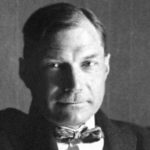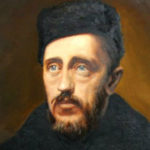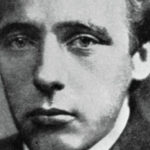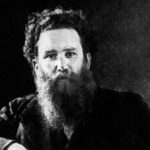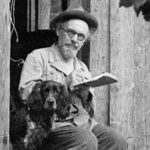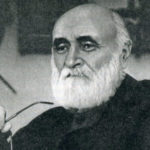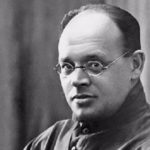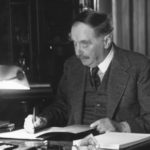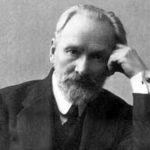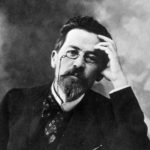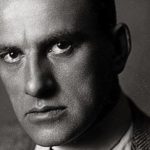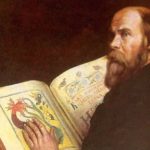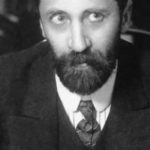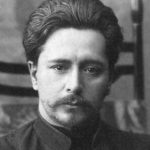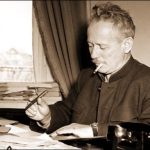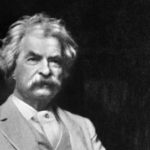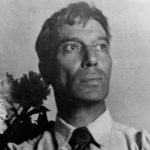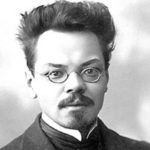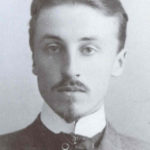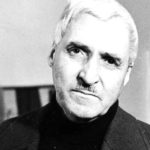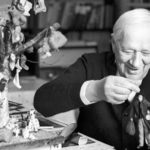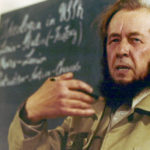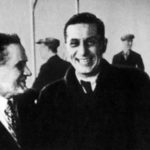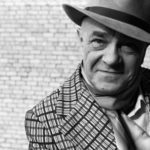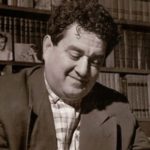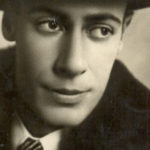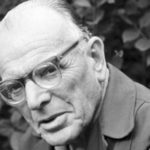Interesting facts about Maxim Gorky
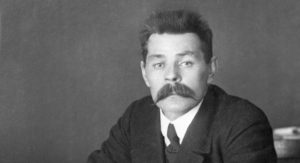 Maxim Gorky is one of the most famous Soviet writers. His work is literally permeated with disobedience, unwillingness to reconcile with life’s adversities and calls for struggle. His works were ambiguously accepted by the authorities, but they provided him worldwide fame.
Maxim Gorky is one of the most famous Soviet writers. His work is literally permeated with disobedience, unwillingness to reconcile with life’s adversities and calls for struggle. His works were ambiguously accepted by the authorities, but they provided him worldwide fame.
The writer was not really called Maxim and Gorky – at birth he was named Alexei Peshkov.
Bitter five times could become a Nobel laureate, but never received a prestigious award.
Although Gorky spent 18 years abroad, including 15 years in Italy, he never mastered any foreign language.
The writer enthusiastically supported the Bolsheviks, but he took the October Revolution with skepticism. He used all his influence to save the arrested and sentenced to death enemies of the new regime.
Gorky was the most published Soviet writer in his homeland: the total circulation of his books exceeded nearly 242.5 million copies in almost 70 years. If we consider Russian writers as a whole, then according to the number of publications issued, it is second only to Leo Tolstoy and Alexander Pushkin.
For more than half a century native to Gorky, Nizhny Novgorod bore his name – the old name was returned to the city only in 1990 after the collapse of the USSR.
In three years the future writer fell ill with cholera. His father, the carpenter Maxim Peshkov, left his son, but got infected and soon died himself.
When Alyosha Peshkov was 11 years old, his mother died from consumption, and his grandmother replaced his parents, whom he warmly responded to the end of his life.
Left orphaned, Peshkov-Gorky was forced to start working – he managed to visit a baker, a boy running errands in a shop and on a steamer, at one time even stealing firewood and collecting rags on the streets.
In school Peshkova was considered a difficult teenager, who, moreover, contacted a bad company. Because of the complaints of classmates that he was allegedly “smeared by the garbage”, the offended young man quit his studies and did not receive a secondary education. Without a certificate, the way to higher educational institutions was also closed to him.
Although Peshkov, by that time already become Gorky, was extremely erudite, well-read and versatile person, even by the age of 30 he continued to write with a lot of mistakes. Fortunately, his wife Catherine by profession was a proofreader, so she carefully rules all her husband’s works.
The future writer adored fire from childhood and could look at the flame indefinitely.
Gorky until his old age believed that he was born in 1869, while the archives did not find documents that dated his birth in 1868.
When Peshkov was 19 years old, he succumbed to depression and tried to commit suicide – being at that moment in Kazan, where he unsuccessfully tried to enter the university, the youth shot himself in the chest. The bullet was stuck in the lung, and the doctors managed to save him. In the hospital, the young man took another attempt at suicide by grabbing a bottle of poisonous substance and taking a few sips. He was washed out of the stomach and saved again from death.
Since Gorky refused to repent after two suicide attempts, he was excommunicated for 4 years. The luminaries of medicine, who later studied the life and work of the writer, discovered several disorders of the psyche at once.
Young Peshkov, inspired by the ideas of Leo Tolstoy, intended to organize a peasant community of the Tolstoy type and even went to Moscow to ask the writer for advice. He, however, did not accept him, and Peshkov returned to Novgorod in a car for cattle.
The first wife of Gorky was the daughter of a midwife, who once helped to appear in the light of the writer himself.
In 1902 Gorky became an honorary academician, but the emperor was annoyed with this fact, and very soon his election was abolished by the authorities: it was indicated that the luminary of literature has problems with the law. As a token of protest, Chekhov and Korolenko left the academy together with Gorky.
